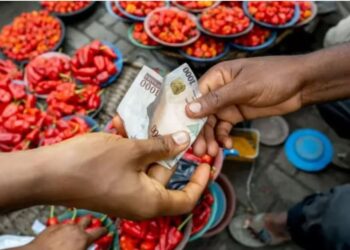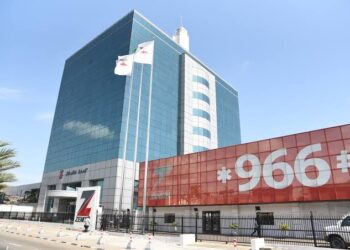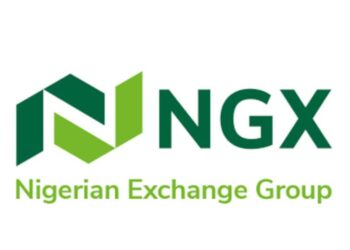The World Bank has projected that with the removal of fuel subsidy, Nigeria’s inflation rate may climb to 25 percent by the end of 2023.
In its Nigeria Development Update (NDU) for June 2023, the bank stated that the rise would be driven by prices of food largely due to transport fare hike, being a fall-out of fuel subsidy removal.
At 22.41 per cent, Nigeria has one of the highest inflation rates globally.
In his inaugural address May 29, 2023, President Bola Ahmed Tinubu had told Nigerians that petrol subsidy was gone.
Rather than continue to fund fuel subsidy, Tinubu had said, his government would channel savings from the subsidy to fund other critical sectors of the economy.
The removal of fuel subsidy by the federal government in June led to an increase in petrol prices from N189 to over N500 per litre across states in the country.
The federal government had on the website of the Budget Office of the Federation revealed that the subsidy payment ended June 30th, 2023.
The Washington-based lender noted that the present price hike was temporary as the sharp impact of subsidy removal on prices would ease by the first quarter of 2024.
“The removal of the petrol subsidy is anticipated to cause a temporary increase in inflation in the upcoming months before contributing to disinflation in the medium term.
“The price increases resulting from the subsidy removal will have a one-time impact on prices, primarily affecting petrol purchases for transportation, power generation, and certain services.
“Headline inflation is expected to rise from 18.8 percent in 2022 to 25 percent in 2023. However, by Q1 of 2024, subsidy removal will start to have a disinflationary effect, meaning that it will alleviate inflationary pressures despite higher petrol prices,” the report said.
The Bretton Woods Institute noted that recent removal of the petrol subsidy and the foreign exchange (FX) management reforms were critical steps to address long-standing macroeconomic imbalances and have the potential to establish a solid foundation for sustainable and inclusive growth.
The report noted that fuel subsidy would reduce the government’s dependence on funding from the Central Bank of Nigeria (CBN) and limit money supply growth.
“This is because the subsidy removal creates additional fiscal space and reduces reliance on financing from the CBN, curbing the growth of the money supply.
“To limit the risk of so-called second-round effects, where one-off price increases trigger more generalized inflation including through wage-price spirals, it will be important to adopt macro-fiscal policy settings that are conducive to price stability,” it added.
The global lender urged the federal government to “seize this window of opportunity to further implement a comprehensive reform package that encompasses a range of complementary fiscal, monetary, trade, and structural policy measures to maximize the collective impact on growth, job creation, and poverty reduction.”
The NDU report noted that to shield the poor and most vulnerable from increases in living costs, the federal government should consider “temporary and targeted cash transfers as part of a new social compact to sustainably redirect resources towards addressing Nigeria’s most urgent development priorities.”












